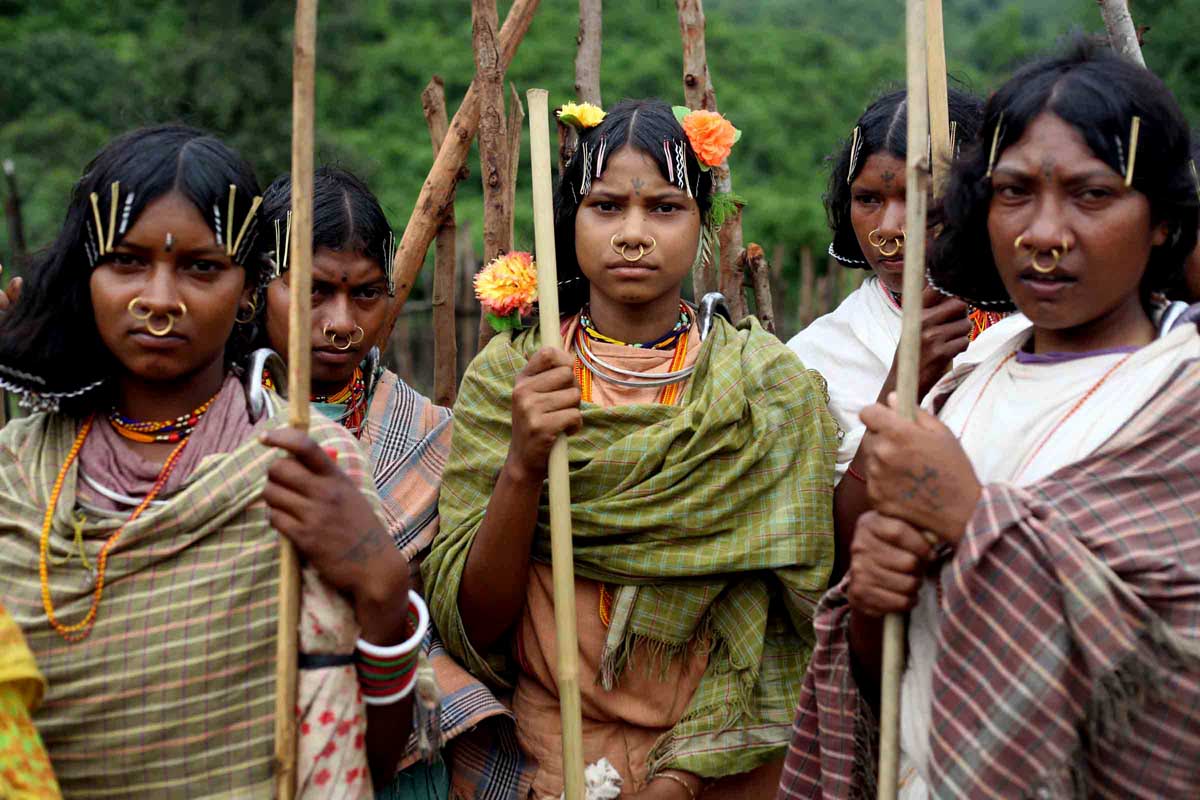Deprived livelihood and lost identities
Out of 370 million around the world, 104 million indigenous people live in India. They are the protectors of nature but still live with constant threat of losing their forest homes to drug trafficking, land-grabbing, illegal logging, mining and political pressure.
Adivasis (indigenous people), are leading their lives by the rules of nature and have been one of the best guardians of natural resources on the planet. They have been helping in conserving the nature and are in turn dependent on it for their livelihood.
However, over the years, a lot has changed for them. Dispossessed of their lands, territories and ancestral resources, these people have increasingly been forced to give up their way of life, and have been pushed into an unfamiliar world to survive.
For this reason, through observing August 9 as the International Day of World’s Indigenous Peoples, the United Nations Development Programme (UNDP) aims to recognise the importance of indigenous groups of people. The initiative was taken by the UNDP to strengthen international cooperation in solving problems faced by indigenous people in areas such as culture, education, health, human rights, the environment and social and economic development. This year, the organisation is focussing on the current situation of indigenous territories, the root causes of migration, trans-border movement and displacement, with a specific focus on indigenous people living in urban areas and across international borders.
India’s fight for rights
In India, attempts to gain community forest rights are met with red tape. In Karnataka’s forests and elsewhere, local communities face relocation as their traditional lands are taken away to conserve tiger habitats. A protest against such land grabbing was seen recently in Jharkhand, where the adivasi villagers declared self-rule by erecting stone monuments and insisting on self-governance as per the Fifth Schedule provisions of the Indian Constitution. There are also ongoing agitations by adivasi students and youngsters in Telangana, demanding the exclusion of one community (the Lambadas) from the official list of Scheduled Tribes (STs) in the state.
These instances remind us that despite constitutional protection and constant amendments in law, these people still suffer social and political exclusion in the society.
Since 1947, adivasis have been forced to leave their homeland on several occasions. Even after 71 years since India gained independence, they are still being repressed politically and economically and are facing constant violence.
Although with lot of struggle and awareness, attempts are made to make things better for them. For instance, August 9 has been declared a public holiday as a celebration of the Adivasi Day in the districts of Jayashankar, Warangai and Mahabubabad in the state of Telangana.
Further, Mamata Banerjee, Chief minister of West Bengal, decided to celebrate ‘Adivasi Dibas’ in the state starting this year. From setting a separate department for tribal welfare to creating development boards, she has been working for the welfare and upliftment of these people for the last seven years.
Indigenous people have always sought recognition of their identities and culture in the society. The people who work for their betterment are also the ones seeding politics and religion among the community. Still, instead of making adivasis self-dependent, people are taking away their independence. With the attempt to subsume their identities into a mainstream Hindu-fold, starting with replacing ‘adivasi’ with ‘vanvasi’ (inhabitants of the forest), one fears the loss of progressive practices and the imposition of mainstream values and customs on them.










